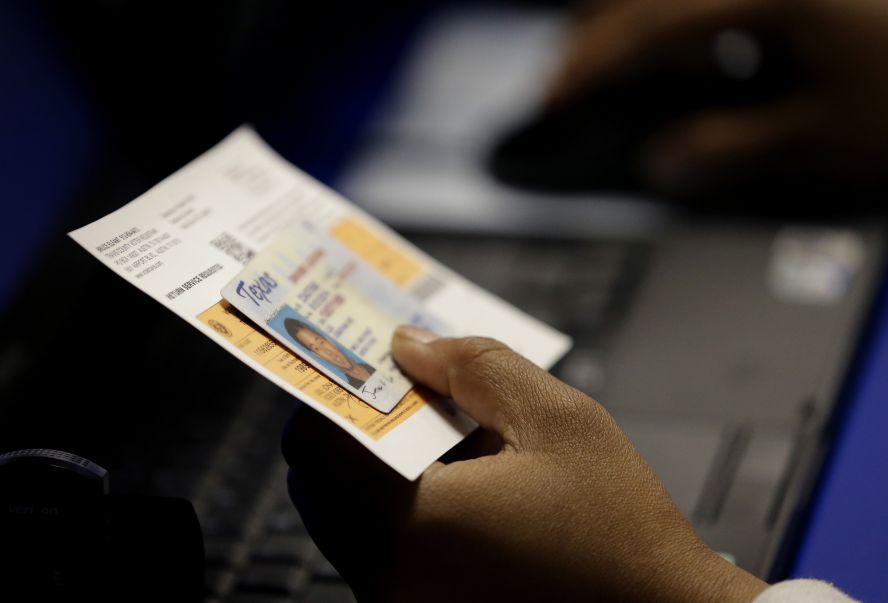The certainty of protracted litigation has prompted sponsors of a California Voter ID initiative to push their prospective 2022 ballot measure to 2024.
Reform California filed its prospective ballot measure, the Voter Identification and Registration Requirements Initiative, in September and received clearance shortly after to begin collecting the 997,139 signatures necessary by the April 26 deadline to get the proposal on the state’s June 30 ballot.





